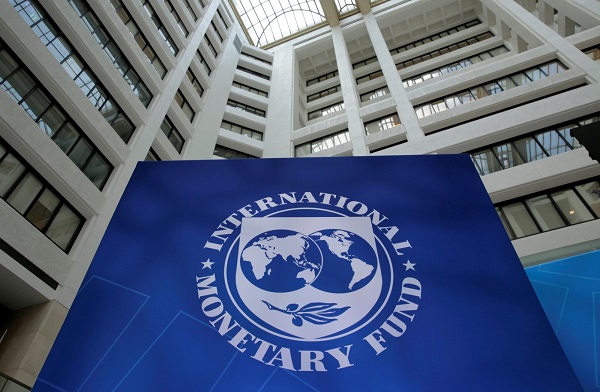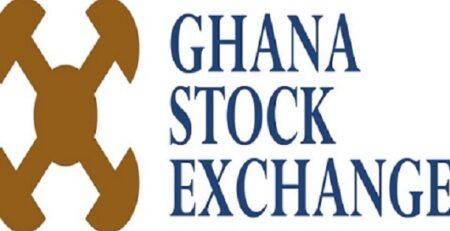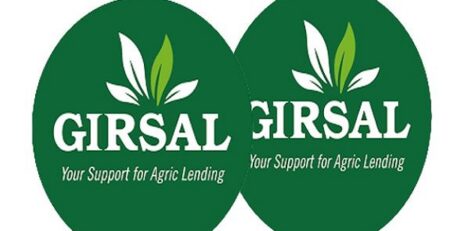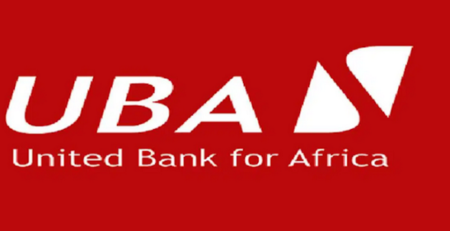Be patient with central banks in the Covid recovery process – IMF to policymakers
The International Monetary Fund (IMF) has urged policymakers around the globe to be patient with their central banks as they work to bring back inflation to the levels they were during the pre-pandemic era.
The Bretton Woods institution also urged central banks to communicate clearly inflation expectations.
“When prices and people expectations go differently, that is de-anchoring and when that happens inflation can quickly take off and be very costly to rein back.
“That is why central banks must communicate clearly to anchor inflation expectations and policy makers must walk the fine line between remaining patent in the support for the recovery and being ready to act quickly,” the IMF said.
Globally, central banks and policy makers are enacting policies to expedite the resuscitation of their economies from the impact of the dreaded coronavirus pandemic.
In Ghana for instance, the Governor of BoG and Chairman of the bank’s Monetary Policy Committee, Dr Ernest Addison, announced in a statement issued Wednesday [March 18, 2020] a reduction in its benchmark policy rate by 150 basis points as its first response to the strain that the Coronavirus disease (COVID-19) is imposing on the economy.
The statement followed the conclusion of the 93rd MPC meeting which reviewed activities in the economy and the impact of global developments on the local front.
Unlike before when the committee’s meetings were followed by press conferences, the bank issued a statement in compliance with the directive to avoid social gatherings in the wake of the COVID-19 scourge.
The reduction in the rate is the first since November 2018 and is expected to combine with other factors to make cost of credit cheaper.
The BoG policy weight carries about 40 per cent weight in the computation of the Ghana Reference Rate, the base rate for banks lending.
The Monetary Policy Committee (MPC) of the Bank of Ghana (BoG) recently announced an increment in its Policy Rate which is the rate at which it lends to commercial banks by 100 basis points (1%) to 14.5%.
The BoG citing risks to inflation, exchange rate as well as fiscal and debt sustainability challenges. It’s the first time since 2015 that the MPC has increased its key lending rate.
Although analysts said this is expected to trigger an increase in the cost of borrowing, it may help stem the recent pressures on the cedi and the price of goods and services.
Headline inflation went consistently from the low of 7.5% in May 2021 to 11.0% in October driven by both food and non-food price increases.
In addition, all the Bank’s core measures of inflation have increased, indicating broad-based underlying inflation pressures, with the potential of de-anchoring inflation expectations.
This is according to the Bank of Ghana (BoG)
Currently, headline inflation is above the upper limit of the medium-term target band and the Committee noted significant risks to the inflation outlook, the central bank said.
“Headline inflation has risen consistently from the low of 7.5% in May 2021 to 11.0% in October driven by both food and non-food price increases. In addition, all the Bank’s core measures of inflation have increased, indicating broad-based underlying inflation pressures, with the potential of de-anchoring inflation expectations. Currently, headline inflation is above the upper limit of the medium-term target band and the Committee noted significant risks to the inflation outlook”.
“These risks include rising global inflation, high energy prices, uncertainties surrounding food prices and investor behaviour. The Committee further noted that these elevated inflationary risks, require prompt policy action to re-anchor inflation expectations to safeguard the central bank’s price stability objective.
“Given these considerations, the Committee therefore decided to raise the policy rate by 100 basis points to 14.5 percent”, the Montary Police Committee (MPC) detailed report stated.
The Central Bank further said the country’s sovereign bond spreads widened markedly over the period as investor sentiments shifted based on fiscal and debt sustainability concerns, prompting some sell-offs by investors with spillovers on the domestic foreign exchange market. This triggered some currency pressures in the past two months as demand for the U.S. dollar increased.
“However, the adequate reserve levels provided some buffers and supported a much slower depreciation pace compared with pre-pandemic levels. In the outlook, the Committee is of the view that the strong reserve buffer level should provide some assurance to the market and help abate investor concerns, as the country’s external payment position remains strong”, it pointed out.
Source: 3news














Leave a Reply